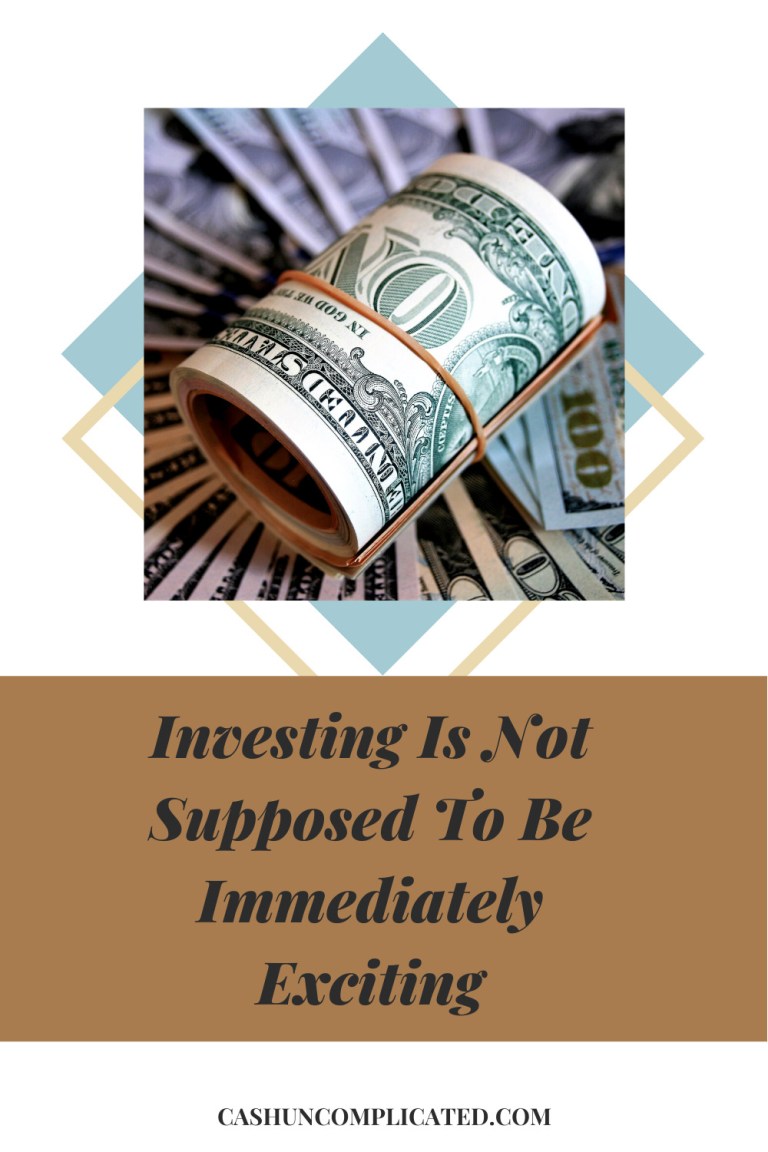Do a search for “money advice”, “what should I do with my money”, or “how to invest” and literally billions of results will pop up. This is a double edged sword. On one hand, there’s a lot of great content and advice.
On the other hand, there is also a lot of really bad and impractical advice. I mean, is it wise for most people to skip college and try to start their own company at age 19? It’s worked for a select few, but should most people really be following money and life advice like this?
Who is Giving Money Advice?
Money advice is coming from everywhere. Your parents, relatives, friends, financial professionals, and especially the media. By media, I mean the mainstream media, ads, influencers, etc.
I myself am not qualified to give specific money advice (nor do I), but I try to bring up certain points for you to think about–why I created this blog and wrote my book Cash Uncomplicated.
Why Are People Giving Money Advice?
Lots of reasons. I believe the world is mostly good and I think most money advice is from people who genuinely want to help and feel like they are giving the best advice to their abilities. Someone like an aunt or uncle giving you money advice is probably pure in the sense that they want the best for you and to learn their life lessons.
There are of course those with intentions not as pure as your favorite aunt or uncle. People selling you expensive courses that provide little value (I’m all for courses that provide value), those selling you financial products that give them a huge commission and little value to you, clickbait, etc.
There are also true professionals who want to help that provide you with the best money advice that they can. Most people in this category are providing solid advice for a fee, but their advice is well worth it.
Who Should You Be Weary Of?
I’m always on the lookout for bad money advice. In general, I’ve found the majority of bad money advice is from those looking to make a quick buck or offer a product once without any follow up. Some examples:
- Clickbait
- Courses that make ridiculous promises like: “get rich in three months or less”, “financial freedom in 90 days”, “quit your job in 45 days or less.”
- “Professionals” selling you products you don’t need or are inappropriate for your current life position.
How Do I Know What Money Advice to Listen To?
With so much information available, it’s confusing to know who to listen to and who to walk away from. Here are some questions to ask yourself to navigate through this process.
Number 1: Is This Person Qualified?
The first and obvious question about who to take money advice from is if they are qualified. However, even though it’s an obvious question, the answer is a little more complicated. Here are some examples of what I mean.
- Someone who has gotten themselves out of consumer debt can probably give you good advice about how to get out of debt, but they wouldn’t necessarily be the best person to ask about what to invest in unless they had a proven track record in that too.
- A successful real estate investor would be a good person to ask about getting started in real estate, but might not be an expert in stock picking.
- A trusted friend or relative who has successfully created a high net worth and family life might be a good financial mentor, even without formal training.
There are a lot of good mentors who are qualified to give you money advice, it just might not be in all areas. Using myself as another example, I feel confident in giving advice about getting out of debt, building an emergency fund, saving money to invest, etc.
But I wouldn’t be the person to ask about picking specific stocks because I don’t have that experience or knowledge, and am not qualified in the area.
Number 2: Do They Follow Their Own Advice?
How many times have you heard a speaker or someone else you look up to give powerful advice, but you later learn that person doesn’t follow their own advice? Kind of weakens the message in my opinion.
The lesson here is to make sure the person you are listening to is following their own advice. If someone tells you to buy multifamily real estate, but they haven’t bought any real estate in the last 10 years, I wouldn’t be taking their advice. Or someone who says to live debt free, but they consistently carry a credit card balance is not a real teacher.
To clarify, the concepts in the above examples are solid, but these are not the right people to be teaching you about them. In my life, if someone isn’t following their own advice/having success with the advice they’re giving, then I don’t want them as a teacher or mentor.
Number 3: Does This Person Understand Your Situation?
If you’re getting individual money advice from someone, you have to make sure they understand your situation. There are certain money principles to follow, but there are also variations based on age, health, current life situation, etc.
For example, I think an important principle to follow in personal finance is to invest at least 20 percent of your income. However, someone who is $15,000 in consumer debt needs to get that cleared before investing such a high amount. Maybe invest a very small amount every month to get the investing muscle working, but the primary focus should be on paying off the debt.
Related: Debt Snowball, Debt Avalanche, or Hybrid Method–Which Should You Choose
Another example involves lifestyle creep, a topic I write about often. A person early in their career really needs to watch out for this, as it’s a massive inhibitor of wealth building. However, a 50 year-old woman who is financially independent and saves over 50 percent of her income, can afford to increase her lifestyle a little bit (or more).
Different money advice for different situations.
Number 4: Has This Person Been Through Market Cycles?
It’s important to have experience. Let’s use the scenario of someone who just began investing in 2009. That was directly after the start of the Great Recession, a low point in the housing and stock market.
Everything since that time has gone up in value. You could have bought almost any house on any street in America and the value of it would have gone up since that time. In California, Texas, Florida, and some other areas, those values would have more than doubled.
This massive increase in value isn’t necessarily due to an investor’s skill level. Yes, they got into the market and took the initiative, but you almost couldn’t lose buying during that time period.
Using myself as an example, I bought a one-bedroom condo in 2009 having no idea what I was doing and that’s been one of the best investments I ever made. I had the drive to buy it but I didn’t have any particular skill.
Point being, someone who just started investing in 2009 has only seen values go up. The rising tide lifted everyone up. As Warren Buffett says, “Only when the tide goes out do you discover who’s been swimming naked.”
So this person who began investing during a rising market hasn’t seen the ebbs and flows of the market. Their advice might be well intentioned, but it could be heavily biased based on their own circumstances, which were very lucky.
It’s ok to listen to someone like this, but take the advice with a grain of salt knowing there might be a lot they are missing due to their own circumstances.
Number 5: Are There Ulterior Motives or Commissions?
Last but not least, and maybe the most important question. Does the person giving you money advice have any ulterior motives or the chance to earn a commission?
If the answer is yes, it doesn’t mean run away. It just means be aware that they may have ulterior motives and you still need to look out for your own best interest.
A couple examples:
- A financial advisor selling you certain mutual funds might be receiving a commission
- Real estate agent earning a commission for selling you a house
Both examples above could involve a win-win. Using the real estate agent: you get a great house, and the agent gets paid for helping you find the house and negotiating a really good deal for you. So it’s not necessarily a bad thing, just be aware and make decisions for yourself.
Conclusion
Who you get money advice from matters. Part of living life is acquiring knowledge from other people and then making the best decision possible for you and your family. The smarter your advisors, the better you are going to do.
There are a lot of good people out there. There’s also a lot of good people who mean well but aren’t the best people to be taking advice from. And then there are those who don’t have your best interests at all–those are the complete stay-aways.
Figure out the best people in your life to give you money advice and seek their wisdom and counsel.
What qualities do you look for in people who give you money advice?











